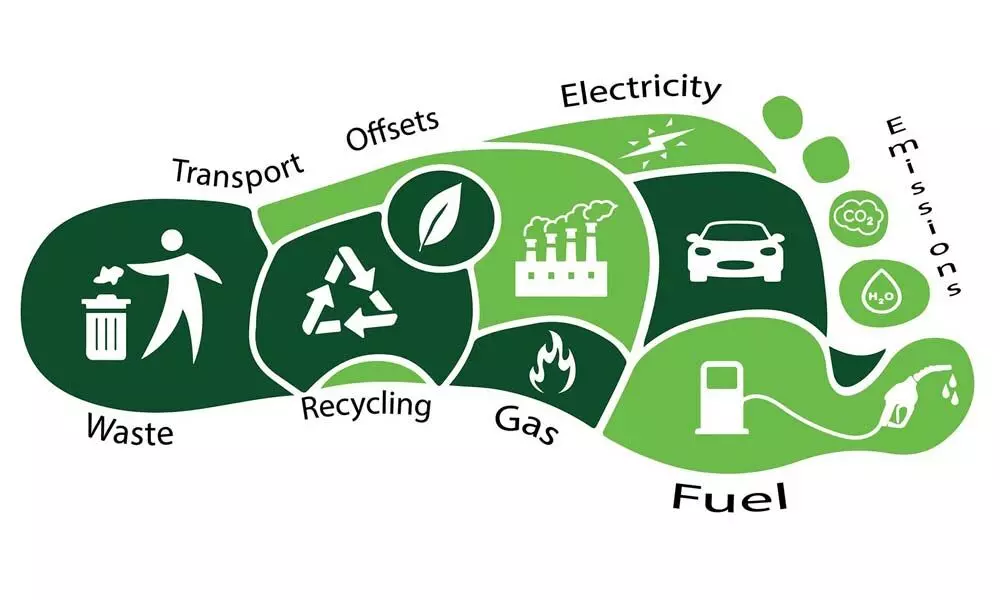Public transport, energy efficiency key to reducing carbon footprint
THE much-awaited voluntary vehicle scrapping policy to phase out old and polluting vehicles announced by the Union Finance Minister Nirmala Sitharaman has received a mixed bag of reactions from industry experts and social activists.
image for illustrative purpose

THE much-awaited voluntary vehicle scrapping policy to phase out old and polluting vehicles announced by the Union Finance Minister Nirmala Sitharaman has received a mixed bag of reactions from industry experts and social activists.
Under the voluntary vehicle scrapping policy announced in Budget 2021-22 last week, personal vehicles would undergo fitness test after 20 years, while commercial vehicles would require it after completion of 15 years.
According to social activist and former IAS officer EAS Sarma, though this scheme would help in slashing down air pollution and reducing carbon emissions, it is high time that the public transport system was strengthened.
"Strengthening of our public transport system by providing more amenities and making public transport, including buses and trains, more comfortable and affordable besides increasing the frequency of the service is the need of the hour. This will be more impactful in bringing down the pollution levels, as vehicular density on road will decrease once people start using public transport," Sarma told Bizz Buzz.
The best way to reduce the carbon footprint is to save energy. Avoiding wastage of energy in the long term will save the environment. The vehicle scrapping policy is penny wise and pound foolish, he added. "We need to consider the broader picture of the problem and come up with a holistic approach rather than addressing the issue in a fragmented way."
Tarun Mehta, Co-Founder and CEO of Ather Energy, feels otherwise. According to him, the voluntary vehicle scrappage policy will encourage the sales of new vehicles.
"It is good to see that the government is looking at addressing the concerns regarding the GST inverted duty structure. We look forward to more details on the inverted duty structure and the production-linked incentive (PLI) scheme announced by the Finance Minister," he said.

